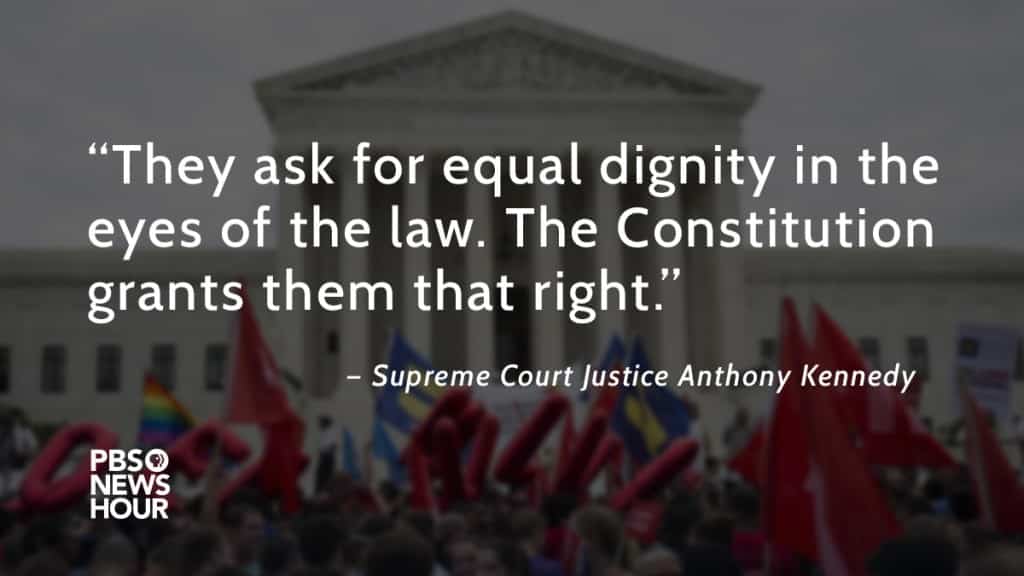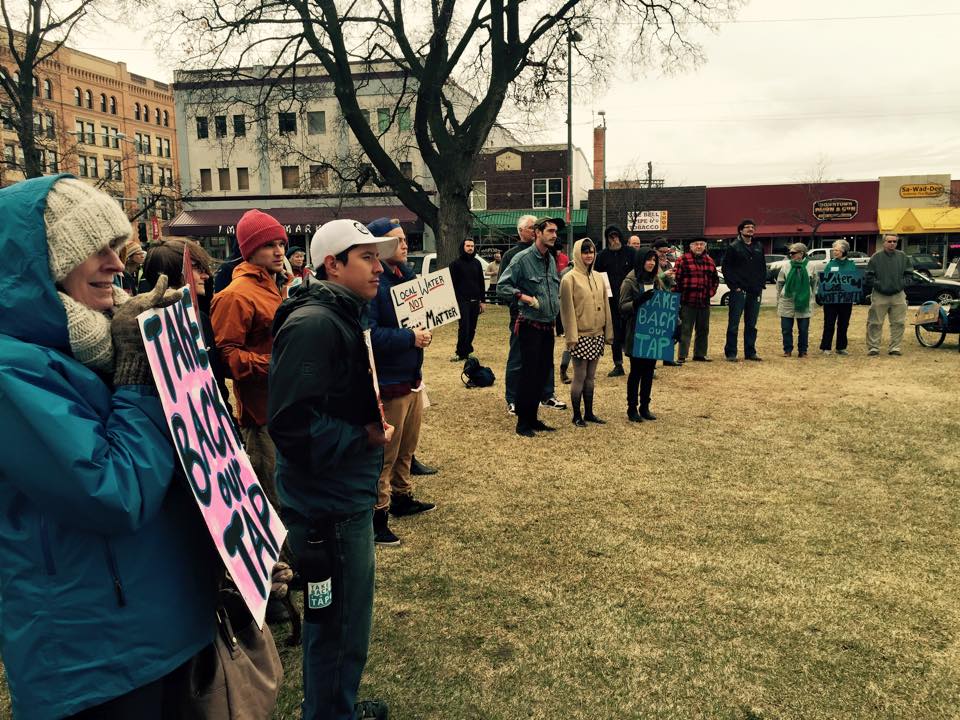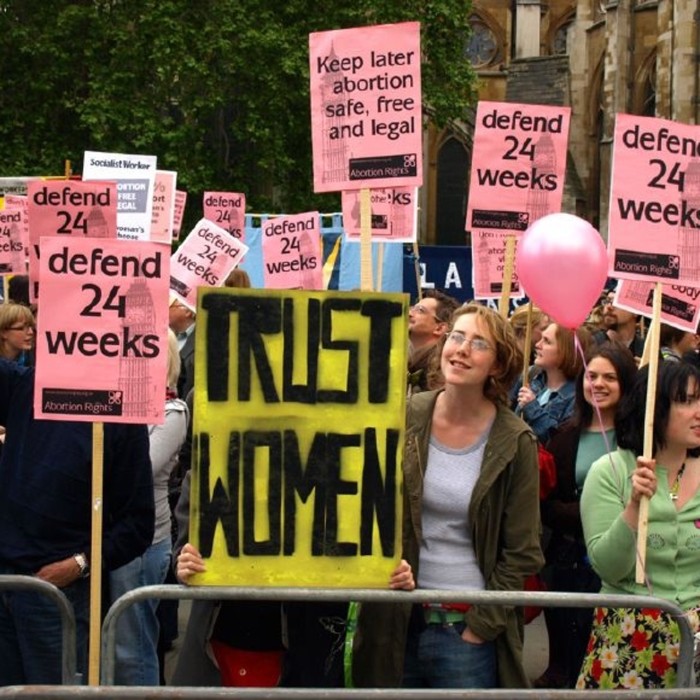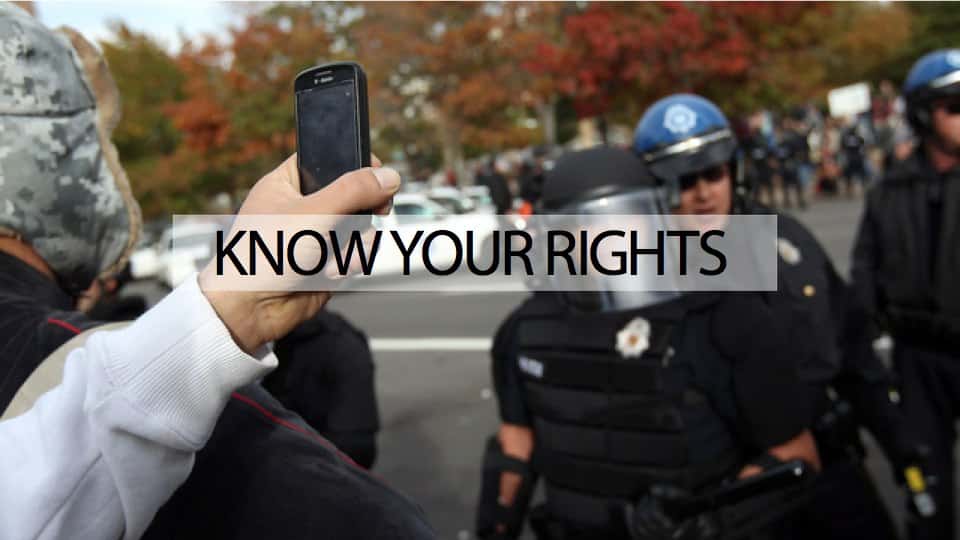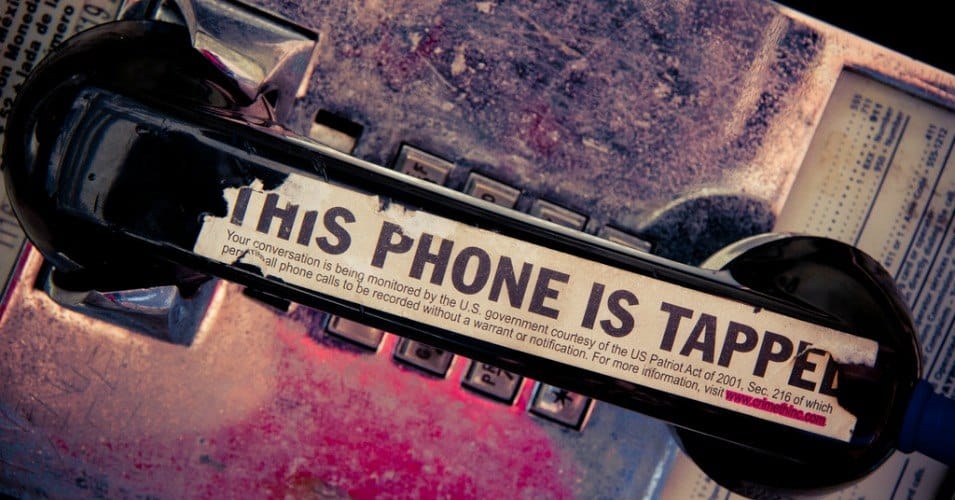Last week, a federal court in Pennsylvania struck down a state law aimed at restricting the free speech rights of prisoners. In Mumia Abu Jamal v. Kane, the court addressed a new state law in Pennsylvania called the “Revictimization Relief Act,” which attempted to stop accused or convicted criminals from publicly expressing viewpoints that might offend the alleged victims of their crimes. The court found the law unconstitutional because it had an unlawful purpose, was vaguely executed, and was patently overbroad in its scope.

